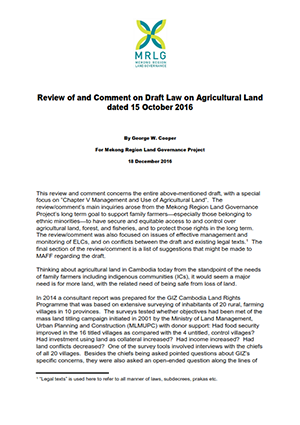What have we learned from research on intrahousehold allocation?
Many decisions that affect the well-being of individuals are made within families or households. The processes by which resources are allocated among individuals and the outcomes of those processes are commonly referred to as “intrahousehold resource allocation.” Since the early 1990s a growing literature has paid increasing attention to the role that intrahousehold resource allocation plays in affecting the outcome of development policy (see Strauss and Thomas 1995; Behrman 1997; Haddad, Hoddinott, and Alderman 1997 for reviews).












